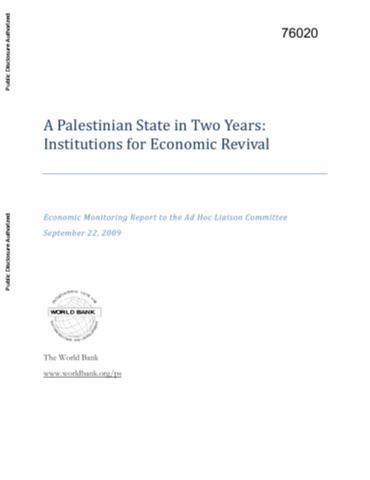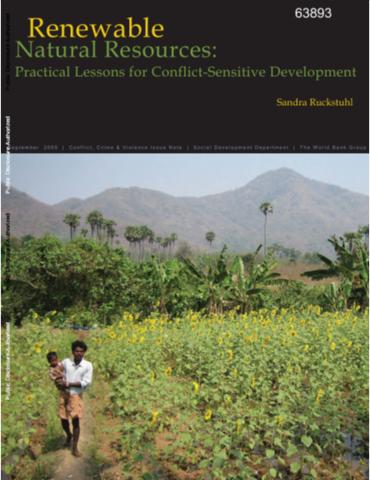The “Lost Counties”
The colonial and postcolonial legacy of the “Lost Counties” land issue has recently resurfaced as a contentious ethno-political issue in Uganda. The aim of the paper is to critically examine the politics of belonging and land rights in relation to Ugandan land legislation and the “Lost Counties” issue. The empirically basis of this paper is primarily derived from field work in Kibaale District, during the period January to July 2004.









